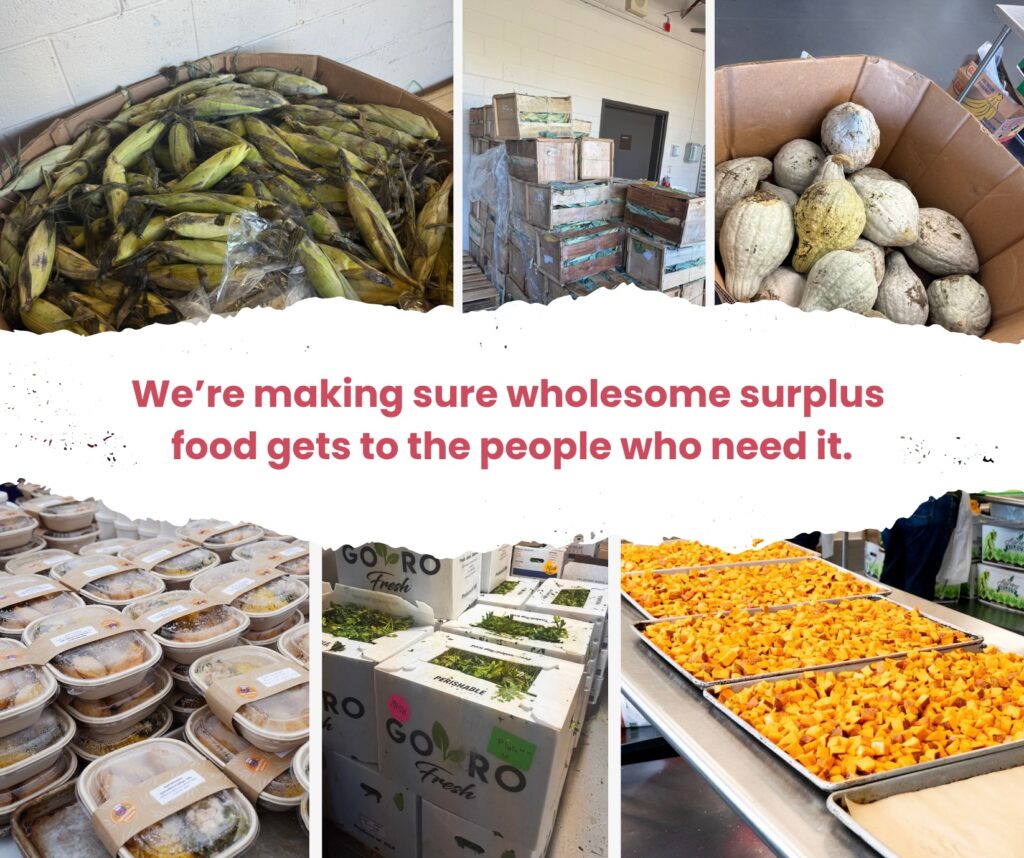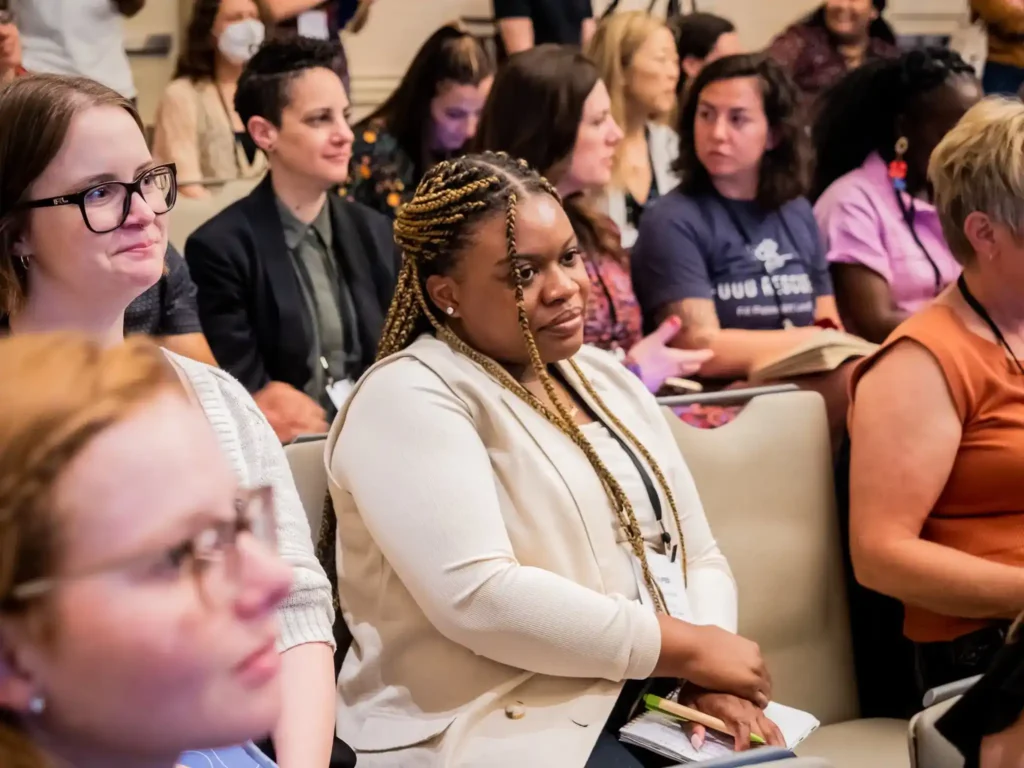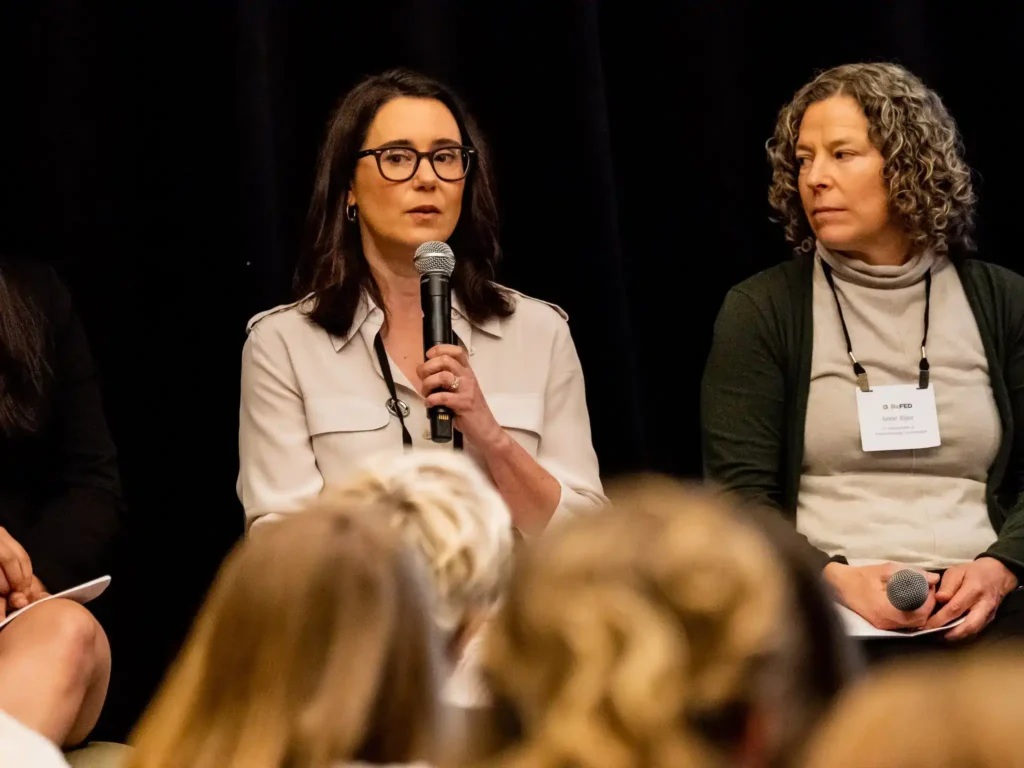The first two weeks of November pushed far too many people into crisis. As a society, we’ve made a promise to people facing food insecurity that we will support their access to food. Then we broke that promise by suddenly taking away the resources they rely on to feed themselves and their families.
During this time, the charitable food system went into high gear to mobilize as much additional food as possible. Fortunately, or unfortunately, we’ve been here before, and many of the emergency strategies from the pandemic were reactivated. But the charitable food system knows it can’t come close to filling the gap when SNAP disappears. For every meal provided by food banks across the country, SNAP provides nine. If each SNAP recipient receives an average of $187 a month, the charitable food system adds only about $20 worth of food per person.
And yet, that $20 still matters. SNAP stands for Supplemental Nutrition Assistance Program. Most people who face food insecurity remain food insecure even after receiving benefits because that $187 is far below the roughly $350 average monthly cost of groceries for one person.
A third piece of the puzzle is surplus food. There is more than enough food available to feed everyone. In fact, the U.S. produces twice the number of calories needed for our entire population. The fact that many people still don’t have enough to eat is unconscionable. That is the core of our work in the Upcycling Kitchens—making sure wholesome surplus food gets to the people who need it.
And yet, this mixture of support treats people’s situations as temporary. This isn’t an emergency situation, like a fire or hurricane, that can be solved by packing boxes or cooking meals. It’s a systemic problem that has affected too many generations. A reliance on food assistance leaves them vulnerable when that assistance suddenly disappears, as we saw this month during the government shutdown.
In this season of gratitude, I am thankful that our government provides food assistance. I’m also grateful for the many people who devote their time, talent, and resources to make sure even more food reaches those who need it. But this system has revealed itself to be far too fragile, and we need to rethink how we support all Americans.
If we truly believe that no one in this country should struggle to meet basic needs, we must build the right apparatus to set people up for long-term success. That means addressing the cost of housing, transportation, healthcare, and food. It means increasing wages, protecting workers, and expanding cooperative opportunities. And it means deploying community-pooled funds to invest in small businesses, housing, and infrastructure.
None of this is easy, but it would last. Let’s use this moment to create a solid foundation for all Americans, and take better care of each other for the long term.






